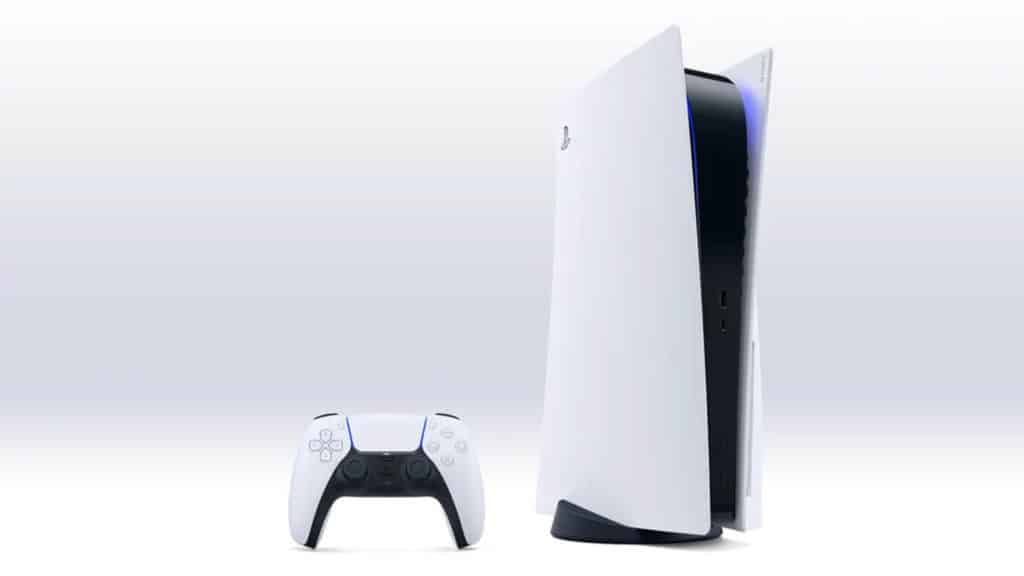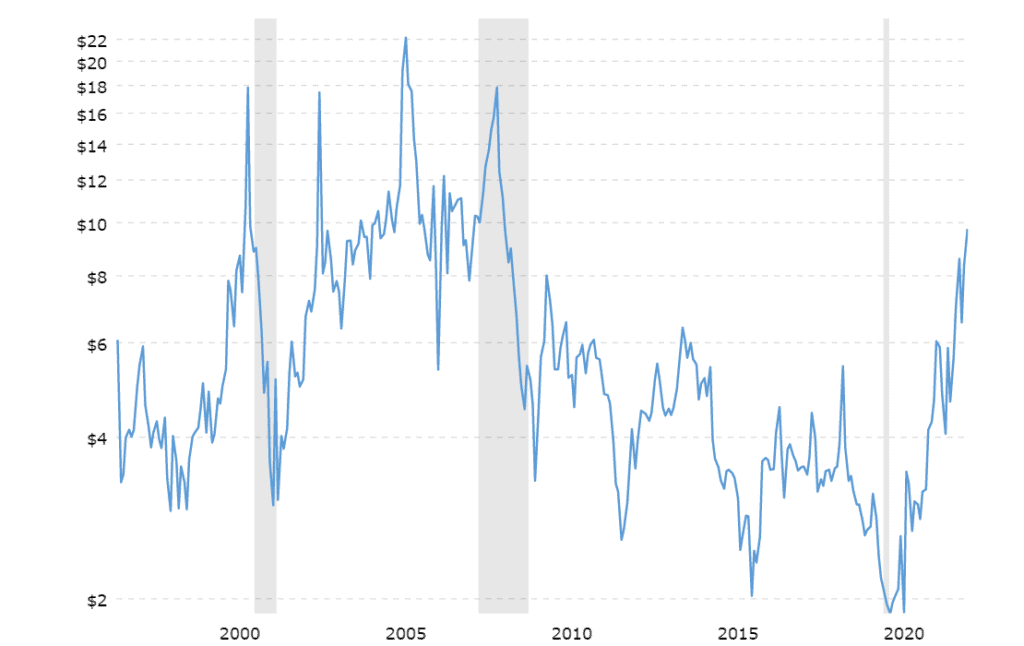Gaming
Sony raises PS5 prices in most markets over inflation fears
The PS5 is a highly sought-after commodity. It’s also rare.

Just a heads up, if you buy something through our links, we may get a small share of the sale. It’s one of the ways we keep the lights on here. Click here for more.
Today, Sony hiked the cost of the PS5 in most non-US markets. In a blog post published earlier this morning, Sony blamed the rise on soaring inflation across Europe, Japan, China, Latin America, and Canada.
In the Eurozone, the digital-only PS5 now costs €450 – an increase of roughly 10 percent. The Blu-Ray version saw a similar price hike. It now retails at €550.
Sony’s price hikes were comparatively more modest in the UK, jumping roughly six percent. The digital and Blu-Ray versions now cost £390 and £480, respectively.
The tech giant listed other markets where it raised prices, including China, Mexico, Australia, and Canada.
This, it seems, won’t be an exhaustive list, with Sony warning of price hikes in other selected APAC, EMEA, and LATAM regions. It did not disclose which regions, or how much prices will rise.
Although customers in these regions will grumble, Sony was in an unenviable position. And this move is arguably better for consumers – although it doesn’t look like it right now.
Rising inflation is to blame for PS5 price increases

Inflation is a juggernaut that is ripping through most economies, exacerbated by lingering supply chain difficulties and labor shortages, and the energy crisis sparked by the war in Ukraine.
Some economies – particularly those in Europe – are especially vulnerable. Let’s go back to energy. Most European countries rely on natural gas for their electricity generation.
In the UK, it accounts for around 40 percent of production. Across the European Union, it’s around 25 percent, with some countries more reliant than others.
France, for example, largely uses nuclear power for its electricity production, with fossil fuels playing a marginal role.
The cost of natural gas virtually quadrupled over the past two years, jumping from $2.62 per unit in August 2021 to $9.75 today.
And that’s bad because energy costs directly impact the cost of consumer goods. It makes manufacturing more expensive. Running a shop, factory, or warehouse becomes a costlier proposition.

Compounding matters further, the value of many foreign currencies has reached an all-time low. The Euro is near-parity with the dollar. The British Pound is worth $1.18 USD, down from $1.42 this time last year.
When a currency loses value, it costs more to import things. That raises prices for consumers further. The UK is a case study for this phenomenon.
After the Brexit vote, the pound lost much of its value. Many international tech brands – like Apple – raised their prices as a result.
Silver linings for consumers

Games consoles are a loss leader. Manufacturers like Microsoft and Sony are content to sell their hardware below the cost of manufacturing because they’ll recoup their costs later down the line through in-app payments, game sales, licensing fees, subscription services, and so on.
But figuring out where to draw the line is a tricky prospect. Games consoles can’t be too cheap. Otherwise, it takes longer and becomes harder for vendors to make a profit.
And if Sony didn’t raise prices, it would create a weird phenomenon where the PS5 would be cheaper in some markets than others.
Scalpers could, for example, fly to Europe and buy as many consoles as possible and return them to their home countries to sell for a profit.
This isn’t without precedent. During the early 2010s, Canadians took advantage of the relative weakness of the US Dollar and crossed the border to buy high-value items.
Similarly, the decline in the price of the Euro during the 2010s incentivized Swiss residents to cross the border to shop.
Admittedly, this phenomenon isn’t new or isolated. Switzerland is an expensive country. My former home, Geneva, is the third most expensive city in the world.
Most Swiss residents live near the borders of France, Germany, Italy, and Austria. Cross-border shopping is a normal part of life. But the Euro’s decline merely accelerated these trends.
The PS5 is a highly sought-after commodity. It’s also rare. It’s not a gallon of milk or a pair of jeans. It’s available in limited quantities. Competition for the console is fierce. Consumers already have to contend with scalpers.
If Sony failed to act, that competition would become even more intense. And while nobody likes a price hike, the alternative is arguably worse for consumers.
Have any thoughts on this? Carry the discussion over to our Twitter or Facebook.
Editors’ Recommendations:
- Sony reveals new customizable PS5 DualSense Edge controller
- Why does my Xbox One keep turning off?
- Nintendo Switch Joy-Con support is coming to Steam
- Sony is adding 1440p gaming support on the PS5
Just a heads up, if you buy something through our links, we may get a small share of the sale. It’s one of the ways we keep the lights on here. Click here for more.
































